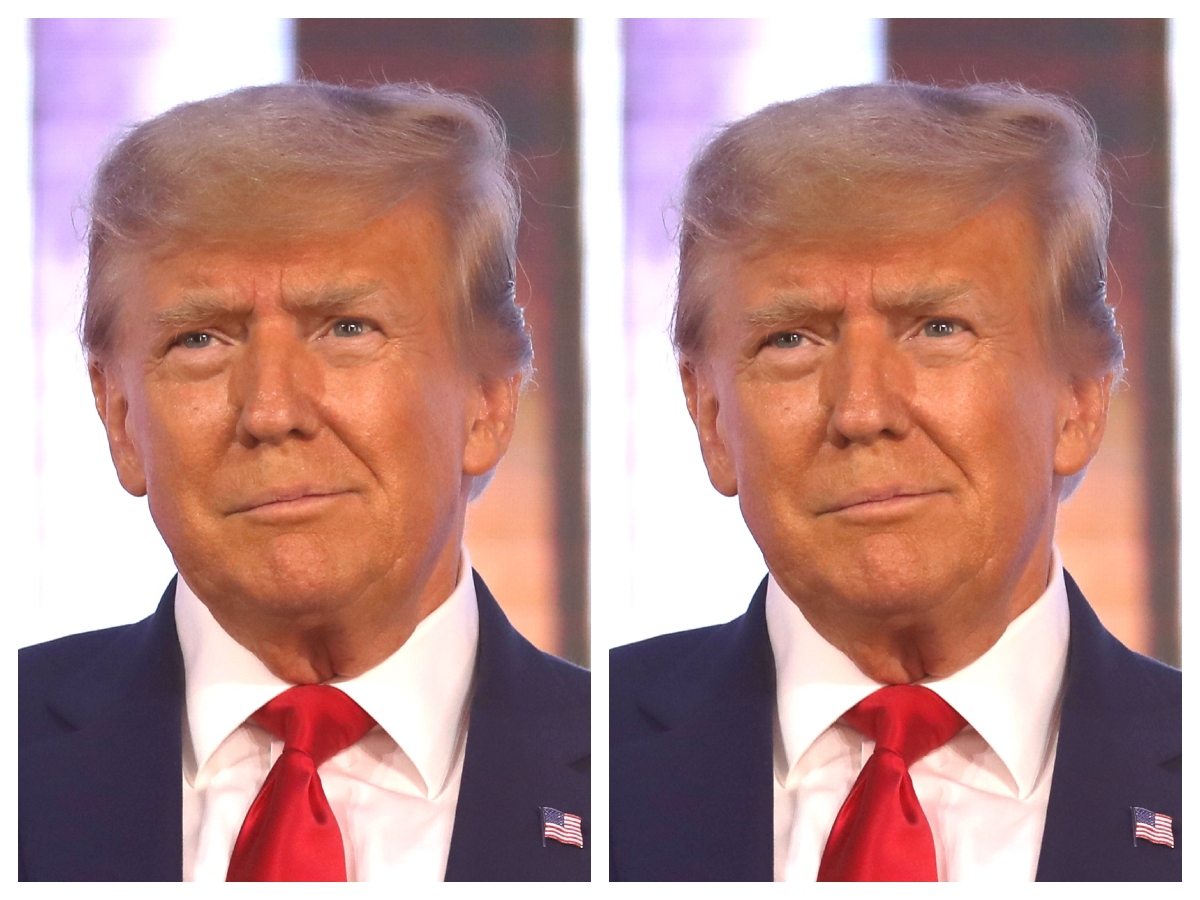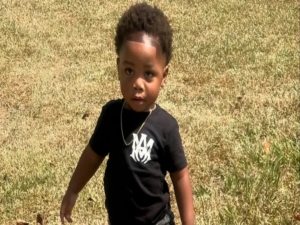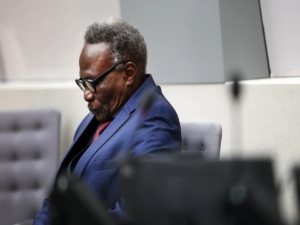Illinois officials have taken President Donald Trump’s administration to court in an effort to block the deployment of National Guard troops to Chicago.
The lawsuit, filed Monday, came just hours after a federal judge halted a similar deployment in Portland, Oregon. Illinois leaders argue that the decision to send troops violates the law and worsens tensions already running high after a violent weekend that left a woman injured by a federal agent.
According to authorities, the woman was shot when Border Patrol vehicles were boxed in and struck by other cars. Chicago Police Superintendent Larry Snelling denied that his officers were cooperating with federal agents, emphasizing that local law enforcement was focused on public safety rather than aiding immigration crackdowns.
Illinois Governor JB Pritzker condemned Trump’s actions, saying, “Donald Trump is using our service members as political props and as pawns in his illegal effort to militarize our nation’s cities.” He added that the administration’s order to federalize roughly 300 Illinois National Guard members and 400 others from Texas amounted to “Trump’s invasion.”
READ ALSO: Trump’s Oregon National Guard deployment blocked temporarily by federal court ruling
Pritzker called on Texas Governor Greg Abbott to stop the deployment, but Abbott defended the president’s move, saying it was needed to protect federal workers in Chicago. On social media, Abbott posted a photo of Texas National Guard troops boarding a plane, without specifying their destination.
White House spokesperson Abigail Jackson confirmed that Trump had authorized the use of Guard troops in Illinois, citing “ongoing violent riots and lawlessness” that local leaders had failed to contain.
Chicago Mayor Brandon Johnson responded by signing an executive order prohibiting federal immigration agents from using city-owned properties, such as parking lots and vacant spaces, for enforcement operations.
Meanwhile, protests, according to AP report, have continued outside a federal immigration facility in Broadview, where 13 demonstrators were arrested last Friday. Mayor Katrina Thompson later restricted protests there to daylight hours, citing safety concerns.
The ACLU of Illinois has also filed a lawsuit against Trump, the Department of Homeland Security, ICE, and other federal agencies, accusing them of deploying excessive force against peaceful protesters and journalists. The suit claims agents used “indiscriminate” violence, including tear gas, rubber bullets, and flash grenades, in violation of First Amendment rights.
In response, DHS spokesperson Tricia McLaughlin said, “The First Amendment protects speech and peaceful assembly — not rioting.”
READ ALSO: Trump may cut refugee admissions to 7,500, favoring white South Africans
The department also confirmed that its agents shot a woman on Chicago’s southwest side after Border Patrol vehicles were allegedly surrounded and rammed by other cars. Superintendent Snelling defended the agents’ actions, saying, “We cannot become a society where we just decide to take everything in our own hands and start to commit crimes against law enforcement.”
He acknowledged the challenge of “toeing the line” between maintaining public safety and not assisting in federal immigration operations.
In Portland, U.S. District Judge Karin Immergut issued a temporary restraining order blocking National Guard deployments to Oregon from any state or the District of Columbia. Immergut, a Trump appointee, criticized the administration for trying to bypass her ruling by rerouting troops from other states, asking, “Aren’t defendants simply circumventing my order?”
White House spokeswoman Karoline Leavitt defended the president’s authority, calling the deployments a legitimate use of his powers as commander in chief.
Protests in Portland have persisted for months outside an ICE facility. Although the number of demonstrators had recently dropped, Trump’s new troop order reignited unrest over the weekend, leading to renewed clashes and multiple arrests.
Despite the administration’s narrative of chaos, data shows violent crime has declined nationwide, including in Portland, where homicides fell by more than half in early 2025 compared to the previous year.
READ ALSO: Trump threatens troops for Portland protests, but mayor insists city can handle it
Since beginning his second term, Trump has either sent or discussed sending National Guard troops to at least ten U.S. cities, including Baltimore, New Orleans, Memphis, and several in California. In September, a federal judge ruled that the administration had “willfully” violated federal law by deploying troops to Los Angeles during earlier immigration protests.










